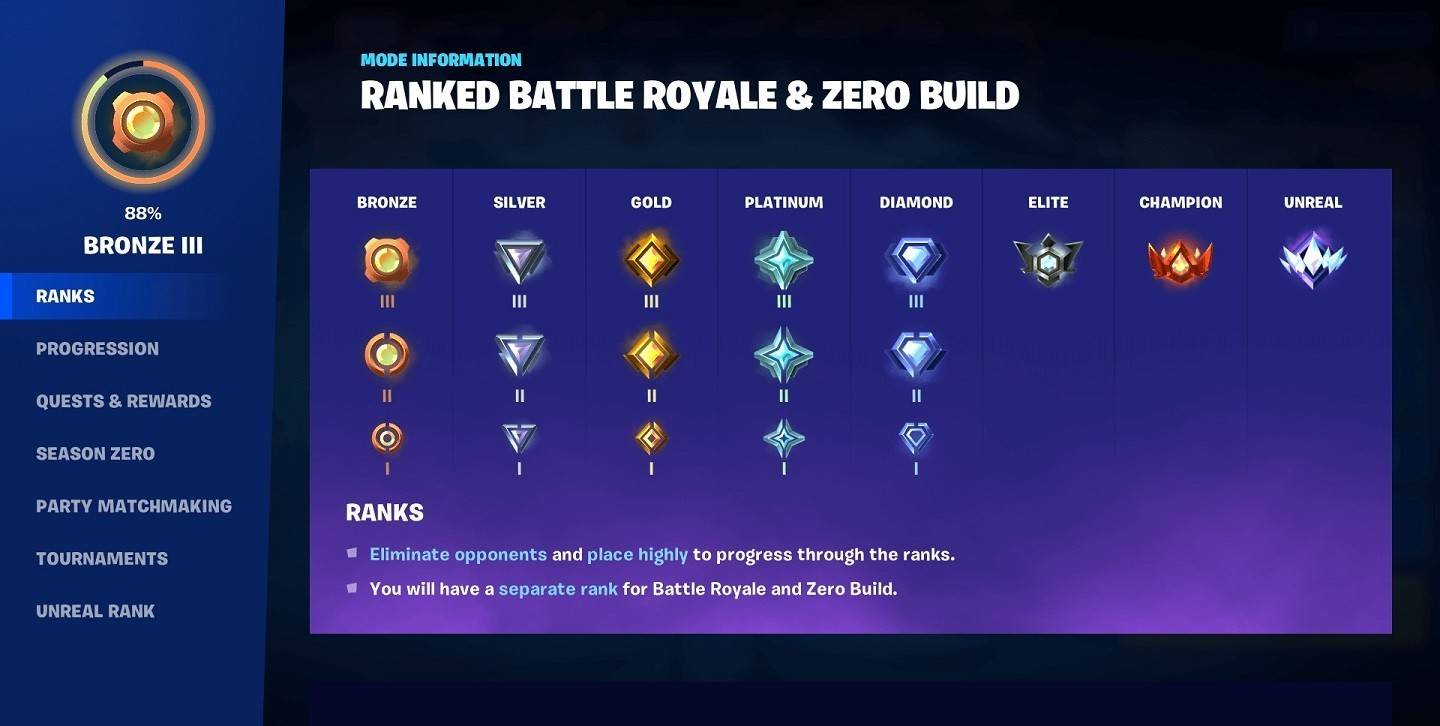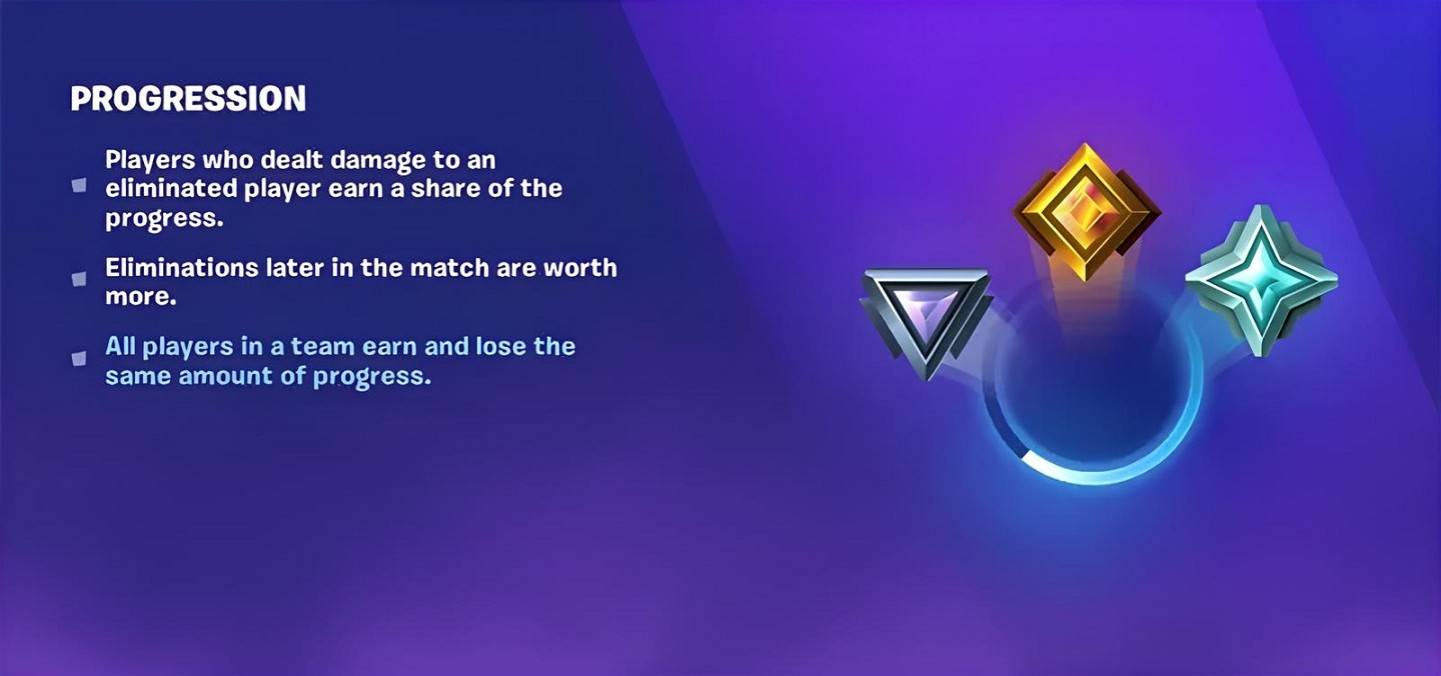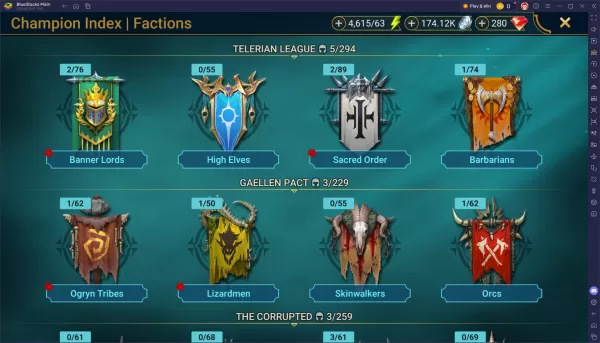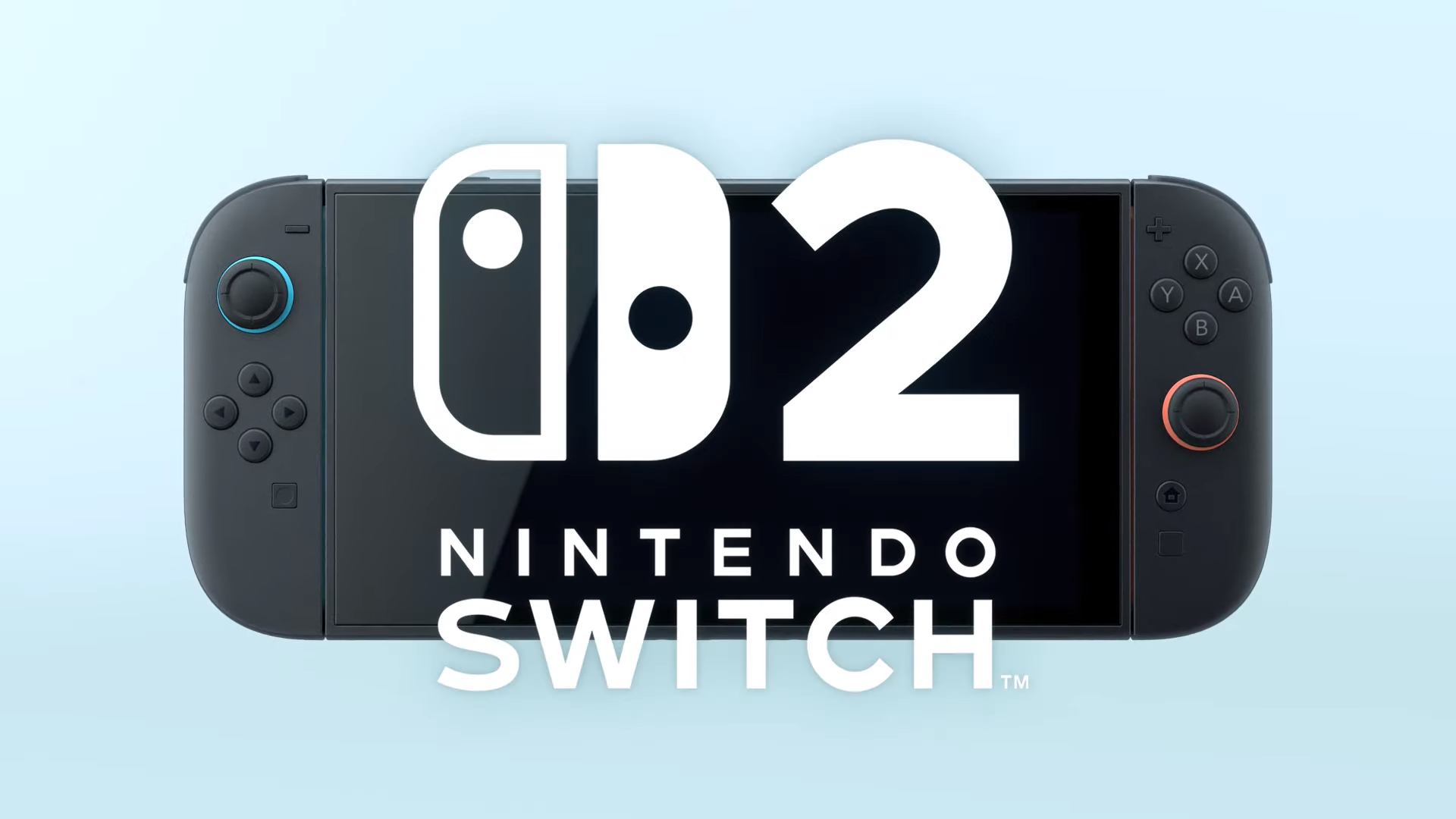Fortnite Arena: Points and Rewards Unveiled
- By Leo
- May 14,2025
In Fortnite's Ranked Mode, your performance in matches directly impacts your position within the ranking system. Unlike the classic Battle Royale, this mode offers a more structured progression with tougher opponents and better rewards at higher tiers. It has replaced the former Fortnite Arena mode, providing a clearer and more balanced path to advancement. Let's delve into how the ranking system functions and what contributes to a rank increase.
Table of Content ---
- How the Ranking System Works in Fortnite
- How to Raise Your Rank
- Placement in the Match
- Eliminations
- Team Play
- What Rewards Can You Get
- Useful Tips for Ranking Up
How the Ranking System Works in Fortnite
 Image: fortnite.com
Image: fortnite.com
In the previous system, progression was based on Fortnite arena points, which could be earned simply by participating in matches. This often resulted in unbalanced games, as players could advance by playing numerous games without necessarily showcasing skill. The new system addresses this by introducing a calibration period at the start, where initial matches determine a player's starting rank. Factors such as battlefield success, eliminations, overall effectiveness, and final placement in matches influence the final rank.
Fortnite's Ranked Mode features eight ranks:
- Bronze—The entry level for newcomers to the competitive scene.
- Silver—For players with some experience but inconsistent results.
- Gold—For those confident in their mechanics and tactics.
- Platinum—Where shooting skills and strategic positioning become crucial.
- Diamond—A level where complex strategies are common, intensifying matches.
- Elite—Reserved for strong and consistent players.
- Champion—For top players who can outplay tough opponents.
- Unreal—The pinnacle, home to the elite of the elite.
The first five ranks are split into three subdivisions (e.g., Bronze I, II, III). Matchmaking is based on rank to ensure fair competition, though at higher ranks like Elite, players may face opponents from nearby tiers to reduce wait times.
Rank movement is dynamic; frequent losses can lead to a drop in rank, except for the Unreal rank, which once achieved, cannot be lost. Within Unreal, an internal ranking system determines a player's standing among the top competitors.
At the start of a new season, players undergo calibration again. While the previous rank isn't reset entirely, it may shift based on last season's performance. High-ranked players won't start from scratch but might be placed slightly lower to re-prove their skill.
How to Raise Your Rank
 Image: dignitas.gg
Image: dignitas.gg
Advancing in the ranking system hinges on your performance in matches. As you climb, the competition intensifies, and the rules for earning rating points adjust accordingly.
Placement in the Match
Your final position in a match is crucial for rank progression. The higher you place, the more rating points you earn:
- Winning a match yields the highest rating boost, as it's the ultimate measure of success.
- Finishing in the top 10 also provides a significant rating bonus, contributing to steady progression even without a win.
- Early elimination earns no points and can even decrease your rating at higher ranks.
To improve your rank consistently, focus not only on eliminating opponents but also on surviving as long as possible.
Eliminations
 Image: obsbot.com
Image: obsbot.com
Eliminating opponents directly impacts your rank:
- Each kill increases your rating, with the impact varying by your current rank. Lower ranks yield fewer points per kill, while higher ranks offer more.
- Late-game eliminations are more valuable than early-game kills, as you're facing stronger opponents.
- Both personal and team eliminations count toward your rating. Even if a teammate finishes off an opponent you damaged, you still benefit.
An aggressive playstyle can accelerate your ranking, but it also risks early elimination. Balancing offense with strategy is key.
Team Play
In Duos and Squads, your contribution to the team's success is as important as individual achievements. Healing allies, reviving teammates, and sharing resources help keep the team in the fight, increasing your chances of winning.
Effective teamwork provides a collective advantage and speeds up rank progression. Even without many kills, you can earn a stable rating by supporting your teammates well.
What Rewards Can You Get
 Image: youtube.com
Image: youtube.com
Fortnite's Ranked Mode not only challenges your skills but also offers unique rewards for progression and completing special challenges:
- Rank emblems and badges displayed in the lobby to showcase your current level.
- Emotes and sprays to highlight your achievements during matches.
- Exclusive skins awarded for completing special challenges in Ranked Mode, available only for the season's duration.
Reaching the Unreal rank grants a unique status and a spot on the global leaderboards, which update in real time. A high rank can also unlock opportunities to participate in Fortnite esports events, provided you meet the tournament criteria.
Useful Tips for Ranking Up
 Image: fiverr.com
Image: fiverr.com
To advance in Fortnite's Ranked Mode, you need both strong gameplay skills and a strategic approach:
- Study the map and key areas to quickly find resources and weapons and choose advantageous positions.
- Play to your strengths. If you're a good marksman, adopt an aggressive playstyle; if you're more tactical, opt for a patient approach.
- Choose your landing spot based on your playstyle. Aggressive players should land in busy areas, while cautious players should opt for quieter zones with sufficient loot.
- Control the high ground for tactical advantages. It's easier to shoot from above and harder for enemies to hit you.
- Stay aware of your surroundings. Remain in the safe zone but plan escape routes to avoid being caught between enemies.
- Play with trusted teammates. Coordinated team actions often decide the outcome of ranked matches. Good communication and cooperation boost your chances of victory.
- Develop quick reactions and speed. Instant decision-making and building cover on the fly help maintain control.
- Learn from top players by watching professional streams and analyzing their tactics to apply in your own matches.
- Keep an eye on updates. Epic Games regularly changes weapon balance, map elements, and mechanics. Stay informed through patch notes and adjust your strategy accordingly.
Consistent practice, learning from mistakes, and adapting to various situations will gradually help you move up. Don't fear tough matches—keep improving and enjoy the process. Over time, you'll see steady progress and climb the ranking system.
Latest News
more >-

-
- Cardinals Watch Conclave Ahead of Key Event
- Feb 15,2026
-

-

- Xbox Controller Gets a Major Upgrade
- Feb 13,2026
-

- Top 2025 Faction War Champions in Raid
- Feb 12,2026



